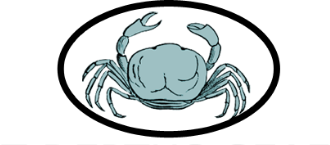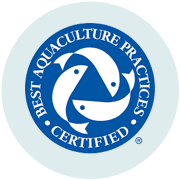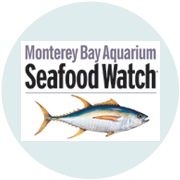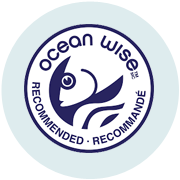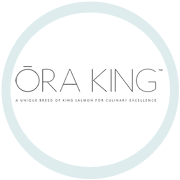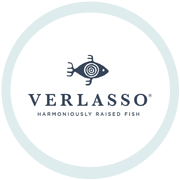Seafood farming production must increase to meet the world’s seafood needs. This type of farming, also known as aquaculture, currently provides half of all fish for human consumption, while at the same time lessening the heavy burden on wild-caught stocks and natural resources.
Best Aquaculture Practices (BAP) is the world’s most trusted, comprehensive and proven third-party aquaculture certification program. We’ve been improving the environmental, social and economic performance of the aquaculture supply chain and growing the global supply of responsibly farmed seafood since 2002.
We’ve structured our program to ensure the highest level of integrity, with a team of staff members dedicated to ensuring that independent, third-party certification bodies (CBs) and auditors as well as BAP-certified aquaculture facilities are in compliance with program requirements.
